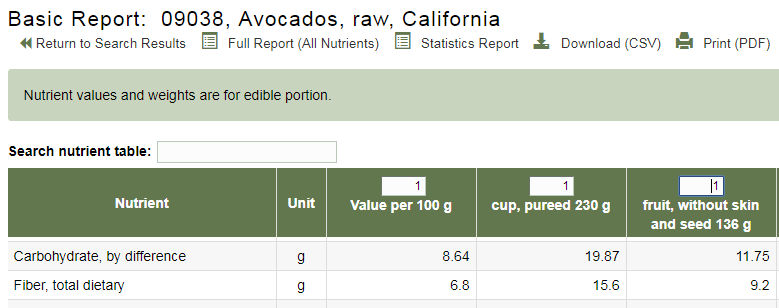I’ve decided tracking is a waste of time. I have found significant discrepancies in the numbers found on the various tracking sites and apps. Fat and protein in particular vary widely especially on cuts of meat. For example, one site says 4 oz.(113g.) of rib eye steak has 32 g. of protein and 14 of fat. Another site states 19 g. protein and 21 g. fat. So, which is it? I realize they are averaging but those are sizable differences.
With such large variations it’s impossible to know what you’re actually getting. Very frustrating when trying to meet one’s macro goals. I wonder if my 1 pound a week average weight loss is due to eating more than I know, especially protein?
I have depended on tracking (including calories) because my system is still broken and hunger/satiety signals don’t present themselves unless I really overeat and make myself uncomfortable. Any words of wisdom would be greatly appreciated.

